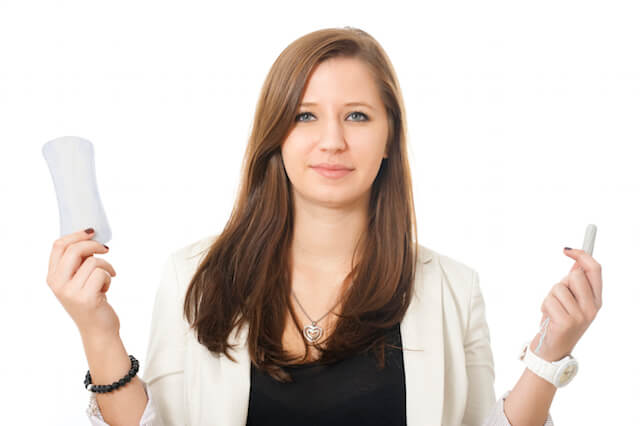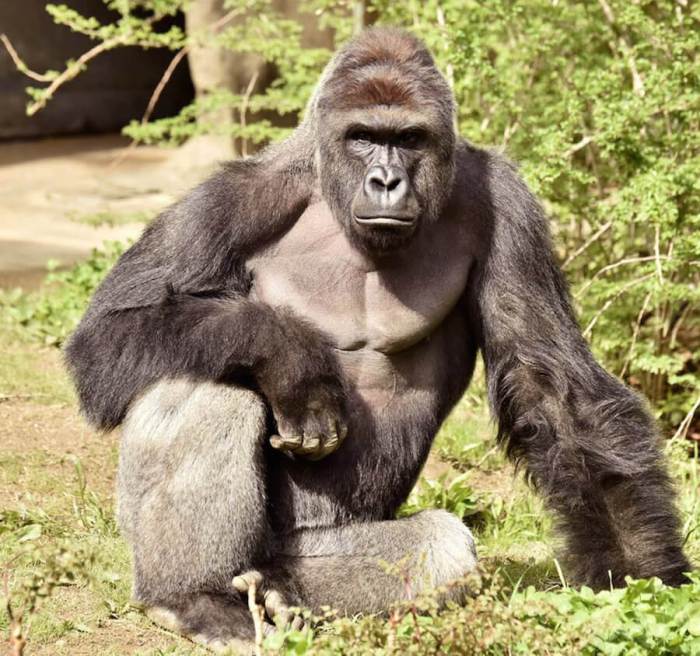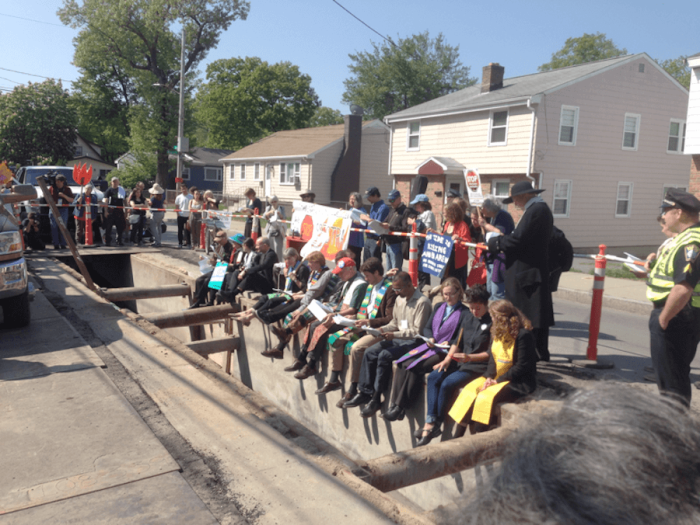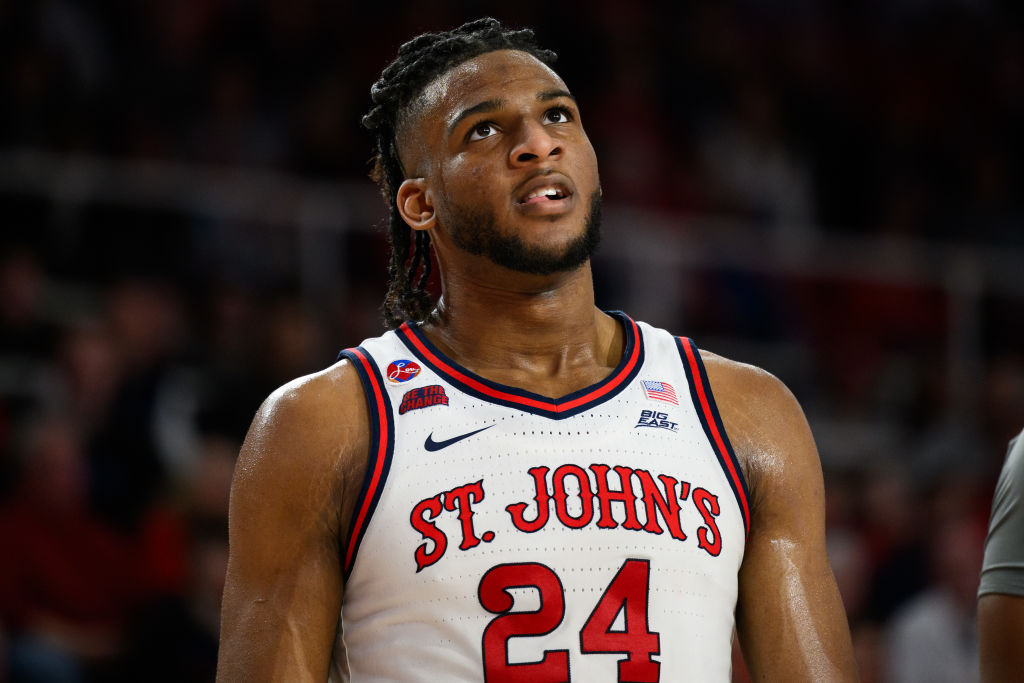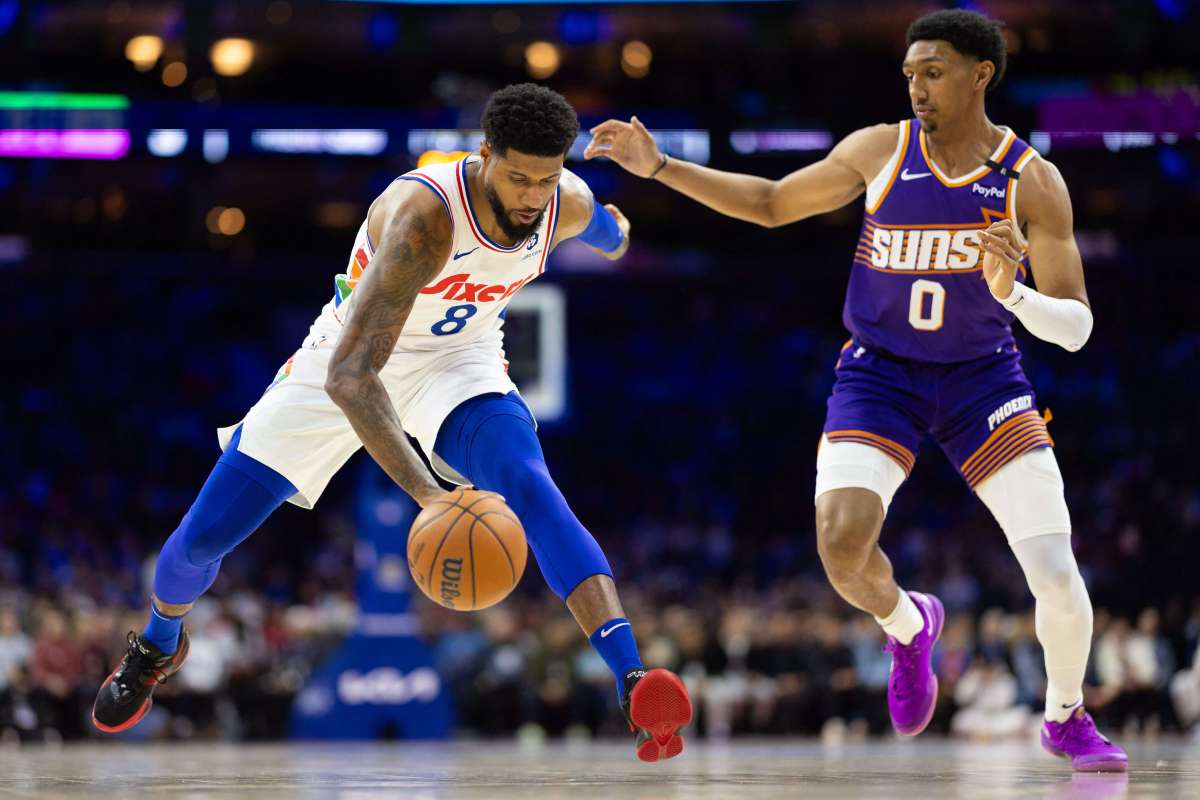Catcalls, unwanted following and touching are an often-daily reality for women in New York City, where a recent survey shows 86 percent social services reported their clients had experienced street harassment. On Thursday, anti-street harassment group Hollaback!, is hosting an afternoon of talks and performances at The New School, for the third-annual Hollaback! Revolution.
Metro spoke with Feminista Jones, a mental health social worker, activist and writer who started the hashtag #YouOKSis last year as a way for women to quickly connect and check in with each other after a sexual harassment experience. Jones, who is speaking at the event, said that at 35, she’s been dealing with street harassment for about 25 years. How did you get your start as an activist?
I started really hardcore when I was 19 in college working on affirmative action. That’s kind of why I don’t like when people talk about things being hashtag activism, many of us that are out here doing the work have been doing this stuff, social media has just given us a platform to get our messages out. What was your first experience with street harassment?
I was 11 years old and I started school in Manhattan, and at that time my mom trusted me to come home on the train by myself. I was coming home one evening and I had my headphones on, but I could still hear a man calling out to me “Hey baby girl, hey pretty girl, why are you walking so fast? Where are you going? Can I talk to you?” And I remember being like is this guy talking to me? Doesn’t he see I’m only 11 years old? Tell me about the idea behind #YouOKSis.
When I had an experience with street harassment I would tweet about it, and for me, therapeutically, it was helping me deal with some of the anxiety that I was starting to go through dealing with this. And one day, I saw a situation that was happening with another woman and I kind of intervened, and I ended up telling Twitter about it, and that’s how the #YouOkSis was born. How is street harassment different for women of color?
For most of us, it started when we were 10 to 12 years old … It’s often harsher, there’s more grabbing, it’s more physical interaction, it’s a lot more predatory for younger girls.
What’s next for you and your work?
You see Harlem, you see Brooklyn, but there’s not a lot happening in the Bronx. So I want to start a grassroots campaign where we can go into the schools and do these workshops on street harassment and get these girls as young as 10 years old, so that they can protect themselves, but also teaching the boys this is not what it means to be a man. How do you personally approach street harassment?
Some days I’ll stop and say “What did you say to me little boy?” Other days I’ll say to guys ‘Is that really how you were raised to speak to women?’ I’ll get in mother-mode, because I am a mom. I really put the bystander intervention on the level of not intervening with the harasser but checking in with the person that’s being harassed. So I think if we as a community agree this is not cool, and we’re going to look out for each other, that’s the way to help. Why don’t men change?
What reason do they have to? There’s absolutely no punishment for them. I think that other men need to tame them. A lot of guys have told me they’ve been raised by their fathers to do this, this was their bonding. If you go: 2-5 p.m., The Auditorium at the New School, 66 W. 12th St. Livestream at www.ihollaback.org.
Stopping street harassment in its tracks
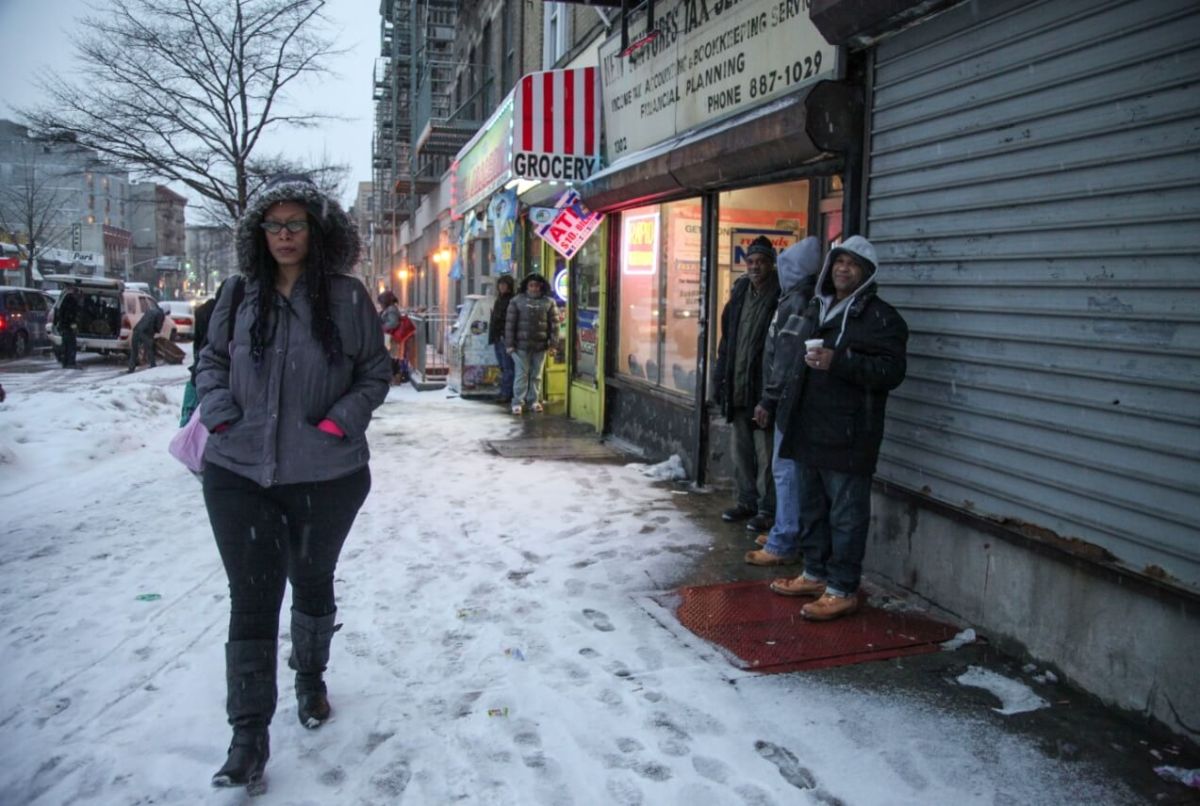
Hannah Mattix, Metro

